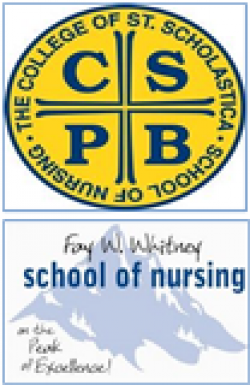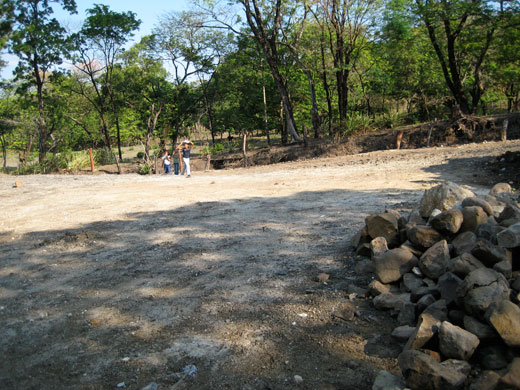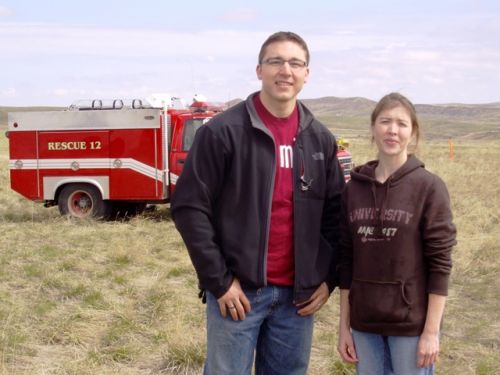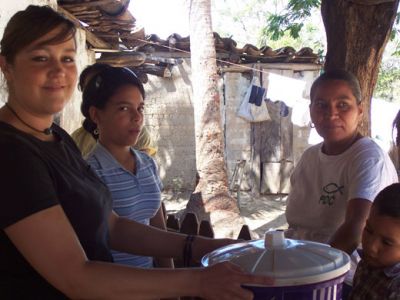Teaching and Promoting Rural Nursing Practice

Providing health care in rural areas presents numerous challenges. Hospitals and other health care settings have fewer resources and providers than those in urban or suburban areas, and many of these rural stings are critical access hospitals with as few as 25 beds. People who reside in rural areas often work in jobs requiring heavy physical labor such as mining, farming, or logging, and oftentimes those jobs don’t offer paid sick days or any other paid time off. As a result, patients tend to come to the hospital only when they are seriously ill or injured.


Preparation for nursing practice in rural areas must address these issues. Nurses in rural areas often have to be generalists – ready to provide maternal/child care one moment and assist in surgery to treat a broken arm the next. They also need to be comfortable with providing care to people they know, as rural areas tend to be sparsely populated.
A study conducted by the Robert Wood Johnson Foundation RN Work Project found that most newly licensed registered nurses (88 percent) took their first jobs in the states where they earned their first nursing degree. With this in mind, nursing schools in states that are largely rural focus on providing nursing students with education and clinical experiences that will prepare them to practice in these rural areas.
Wyoming and Minnesota both have large rural populations and the New Careers in Nursing (NCIN) grantee institutions in those states – the College of St. Scholastica and the University of Wyoming – are ensuring that their graduates have the skills, experiences and education they need to take on rural nursing practice.


The University of Wyoming’s accelerated BSN program is also a distance learning program, to better accommodate people who live in the state – which is the least populated in the U.S. The Fay W. Whitney School of Nursing’s Bachelors Reach for Accelerated Nursing Degree (BRAND) program uses a variety of educational technologies, including webinars, video, audio and online live class sessions. The program also has partnerships with public and private hospitals with expert faculty.
“The BRAND program allows us to reach students who are site-bound,” said Candace Tull, MSN, RN, WHNP-BC, associate lecturer at the Fay W. Whitney School of Nursing and NCIN liaison. “Through this program, they can get the education and experience they need and we’re very grateful that the Robert Wood Johnson Foundation NCIN grant has let us expand our footprint all across the state.”
The program also includes an optional spring practicum in the Central American country of Honduras where students are helping to build a clinic. The practicum takes place in a rural area of the country where people often have extremely serious health problems. During the practicum, nursing students work alongside pre-med students and pharmacy residents who also participate, giving them an important interprofessional practice experience in addition to a rural practice experience.


At St. Scholastica, nursing students also get clinical experiences in rural hospitals. The second semester curriculum includes a rural practice theory course, and each student must do 90 hours of a rural clinical rotation where they’re partnered with a nurse. Several students have reported that it was their best nursing school experience because they had the opportunity to perform a range of health care functions.
“We’re a Benedictine institution,” said Sheryl Sandahl, DNP, RN, CNP, MPH, MSN, associate professor at St. Scholastica’s school of nursing, chair of the Post Baccalaureate Nursing Program and NCIN school liaision. “Our mission is to serve vulnerable populations and that includes many people who live in rural areas, where resources are scarce, more injuries are life-threatening and people are likely to wait a long time before seeking medical care. Our students learn that lesson. And many of them go on to work in rural communities after passing their NCLEX.”
In addition to a face-to-face traditional on-campus nursing program, St. Scholastica offers an online hybrid program so that it can reach rural or site-bound students across Minnesota. The online hybrid program also includes clinical rotations that can often be done where students live.